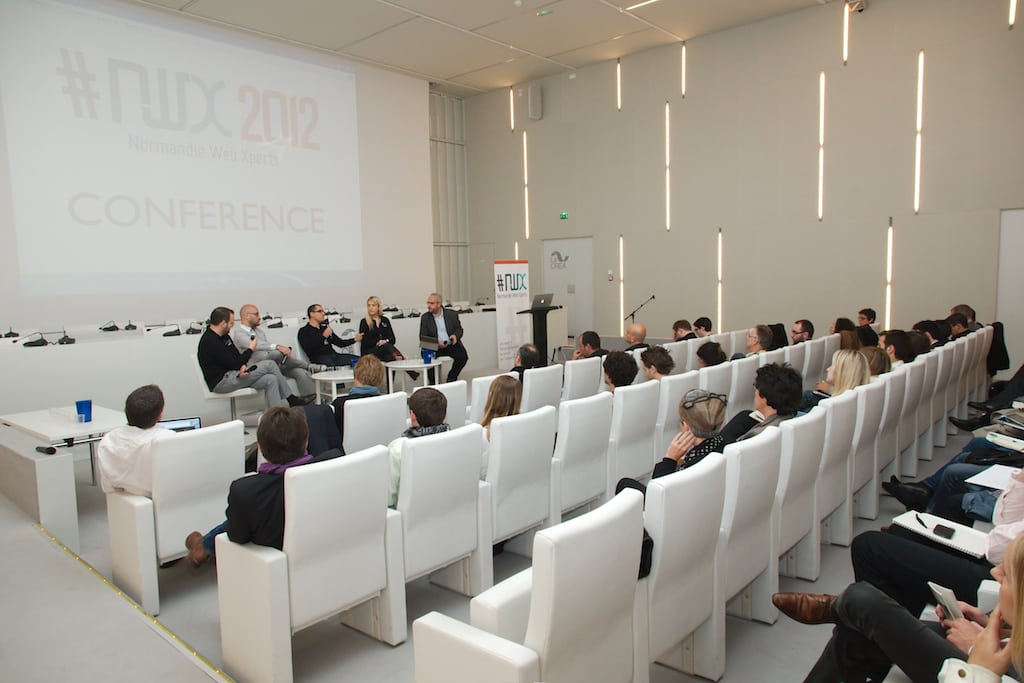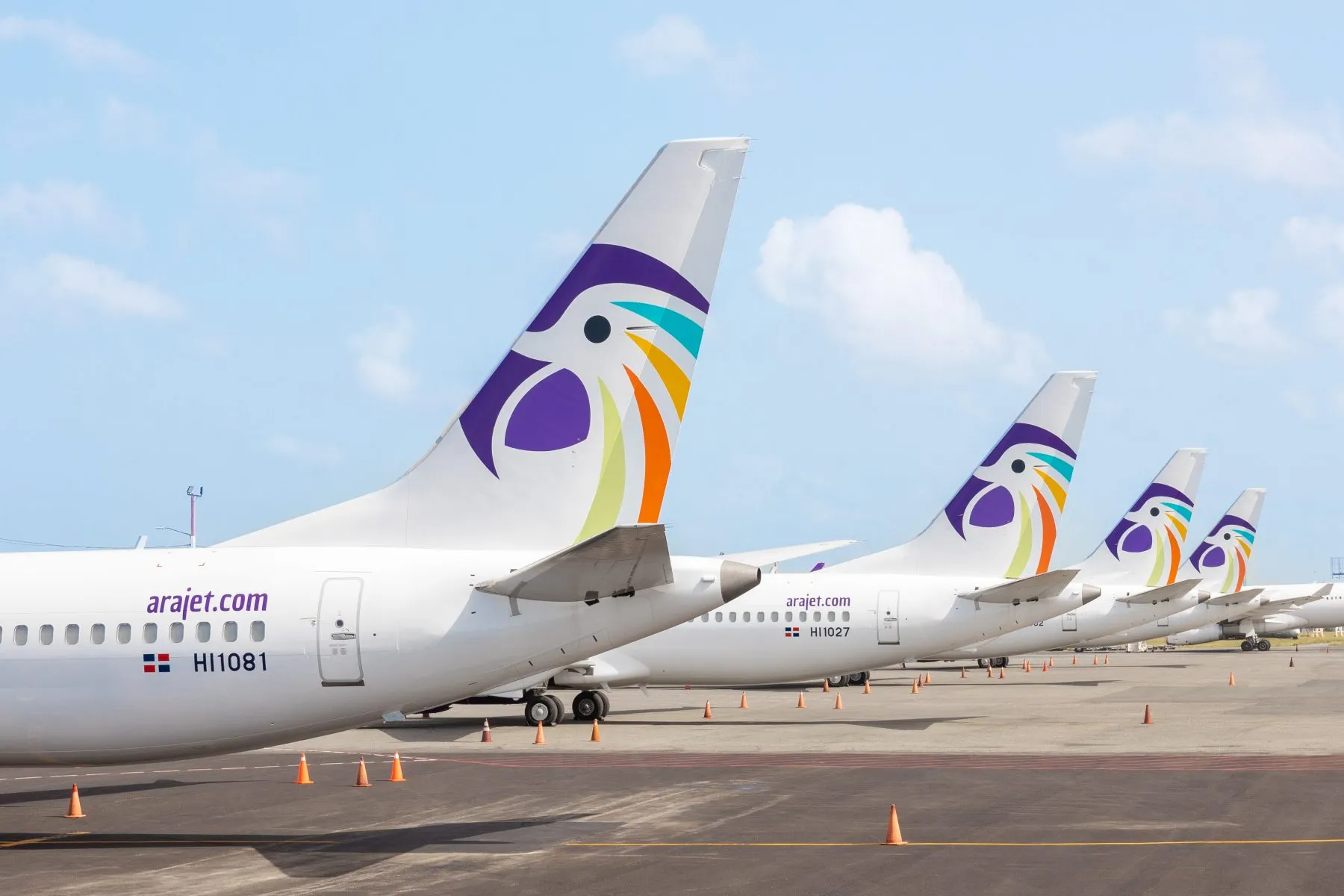Digital Revolution for Smaller Meetings Is Still a Work in Progress

Skift Take
Over the last decade, a variety of companies have popped up offering shopping and booking solutions for so-called simple meetings, which are defined as those with 50 or fewer attendees. Instead of calling a venue and negotiating, these allow meeting planners to more effectively cross-shop and manage their event through an online portal.
Simple meetings may represent around half of the meetings booked each year, but not enough is being done by planners and travel managers to reduce costs and track whether these events are actually fruitful for their company.
New research from the Global Business Travel Association (GBTA) and HRS shows that despite the variety of options available to planners and administrators, most aren't taking advantage of platforms that allow them to more effectively shop and book for space. They polled 463 GBTA and Meeting Planners International members on their behavior, finding that there is much more that organizations can do to reduce costs and simplify the whole process.
"Almost half of respondents do not use a 'managed' meetings channel for simple meetings," states the report. "Most of these companies rely exclusively on consumer channels, which make it difficult to ensure compliance with company policies, find the best rate, make like-for-like comparisons, and vet venues for safety. In addition, consumer channels make it difficult to leverage transient stay volume when negotiating meetings discounts with hotels, or leverage meetings volume when negotiating transient discounts.
A third of those polled aren't required to follow a corporate policy comparing multiple options when shopping for venues, and 55 percent of simple meetings take place at a venue besides a company's office. When they do search for potential venues, 77 percent only use consumer channels instead of a corporate booking tool. These channels are less efficient and often less transparent about the minutiae of a particular meeting space.
"If they use consumer channels for these comparisons, they may need to make multiple phone calls, or submit multiple RFPs, which can be a significant time drain," explains the report. "In addition, planners may receive inconsistent information in phone calls or on websites. For instance, some venues may mention contract terms, such as cancellation penalties, while others include these in the fine print."
Less than a quarter, 22 percent, use a digital platform for electronic request for proposals for simple meetings, although 52 percent plan to start using a tool in the next year. More planners call a hotel directly to shop and book (61 percent and 67 percent, respectively) than book online either on a hotel's website or through a booking tool.
Companies do track their spending on meetings, even if they aren't using all the tools available to shop around. Just 19 percent didn't track spending on simple meetings in any way. Meanwhile, only 28 percent use key performance indicators to track whether a simple meeting actually creates value for their organization.
There was a major divide between meeting planners and travel managers, as well; meeting planners were more likely to track spending comprehensively across their company, while travel managers tended to do so only for certain departments. Meeting planners are far more likely to already use a platform for meeting shopping and booking than travel managers.




